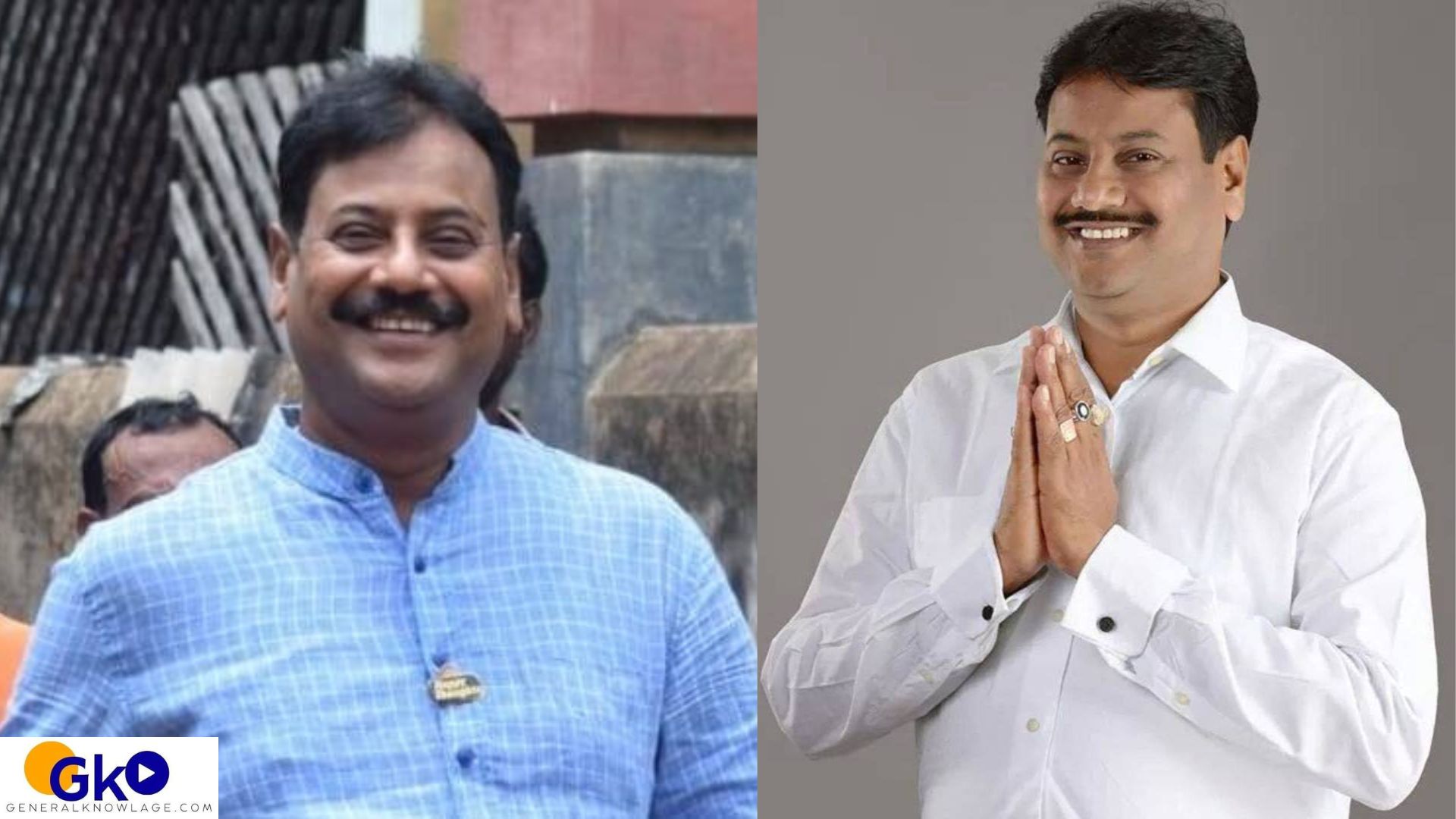Prashant Jagdev Wikipedia, Wiki, Biography, MLA
Prashant Jagdev Wikipedia, Wiki, Biography, MLA – Prashant Kumar Jagdev, a Member of the Legislative Assembly (MLA) from Chilika Constituency in Odisha, India, recently secured conditional bail from the Supreme Court in a case surrounding allegations of intentionally driving his car into a crowd, causing injuries. The court’s decision has sparked discussions about the implications for public safety, legal proceedings, and the role of lawmakers in such incidents. This essay will delve into the background of the case, analyze the latest news, and conclude with a broader perspective on the challenges and responsibilities faced by public figures within the legal framework.
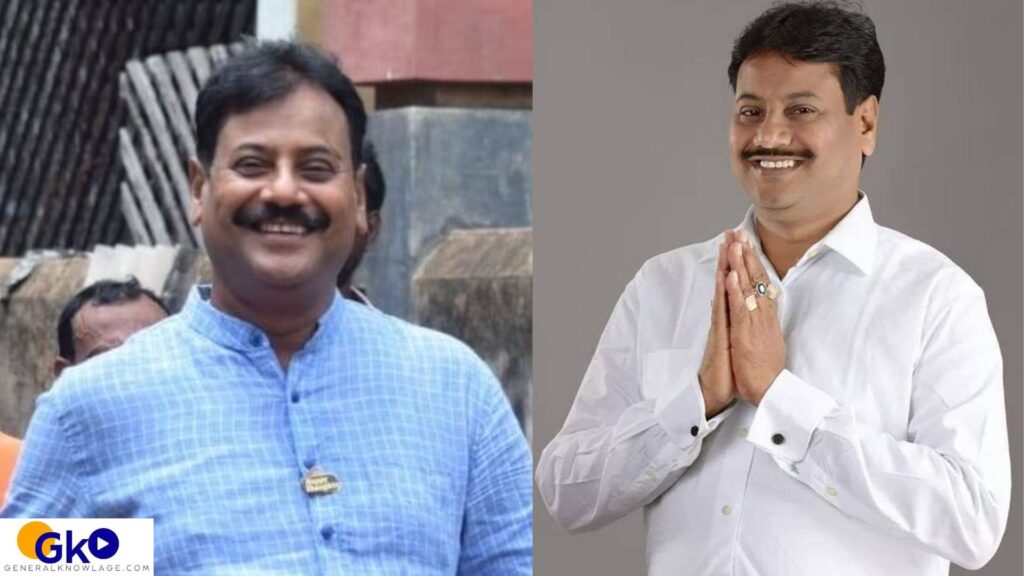
Prashant Jagdev Latest News:
In the latest development, the Supreme Court granted conditional bail to Prashant Kumar Jagdev, outlining specific terms to regulate his conduct during the legal proceedings. The allegations against Jagdev involve him driving his white Discovery Car into a crowd, resulting in injuries to multiple individuals. In response, Jagdev filed a cross FIR, presenting his version of events.
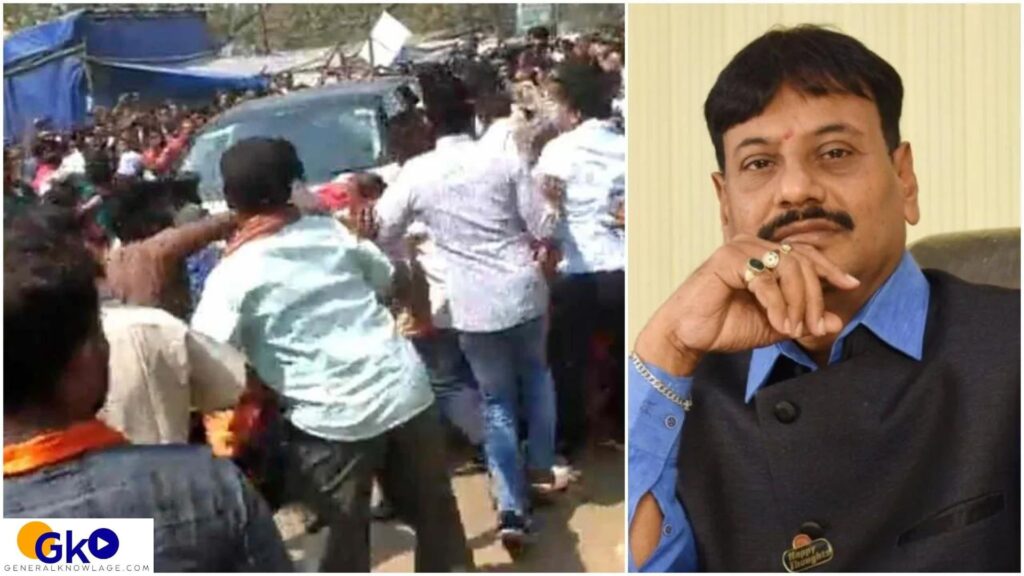
The court’s decision comes after careful consideration of the circumstances, taking into account arguments presented by Jagdev’s counsel, AOR Sibo Sankar Mishra. Mishra highlighted that out of the reported 20 injuries, only two were classified as grievous, and all victims, including those with severe injuries, had been discharged from the hospital.
Despite securing bail, Jagdev is subject to stringent conditions, which include a one-year prohibition from visiting the Chilika Constituency without the District Collector’s permission. Additionally, he is restricted from addressing public rallies or political congregations involving more than five persons within this one-year period. The court also explicitly prohibited Jagdev from influencing any witnesses associated with the case, directly or indirectly.
The conditions imposed on Jagdev’s bail aim to strike a balance between ensuring public safety, preventing interference with the legal process, and upholding the accused’s rights. By restricting his movements and public engagements, the court aims to mitigate potential risks associated with his actions while acknowledging his temporary freedom.
The decision’s significance extends beyond the specific case, raising questions about the responsibilities of public figures and the legal precedents set in cases involving lawmakers. The conditions for bail underscore the court’s commitment to maintaining public order and preserving the integrity of the legal proceedings.
Prashant Jagdev Conditions of Bail:
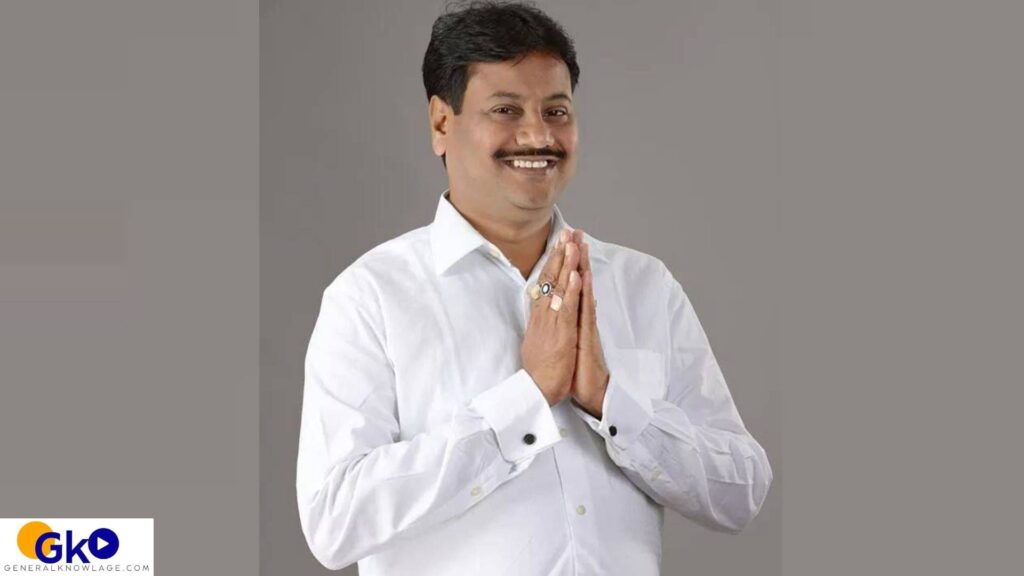
- Restricted Movement: Jagdev is prohibited from visiting the Chilika Constituency for one year without obtaining prior permission from the District Collector.
- Limit on Public Engagements: Even within this one-year period, the MLA is restricted from addressing any public rally or political congregation involving more than five persons.
- Witness Tampering Prohibition: Jagdev is explicitly prohibited from directly or indirectly influencing any witness related to the case.
Analysis of the Latest Developments:
The court’s consideration of the severity of injuries sustained by the victims played a pivotal role in the bail decision. By acknowledging that the majority of injuries were simple and that even those with grievous injuries had been discharged, the court signaled a nuanced understanding of the impact of the incident on the victims.
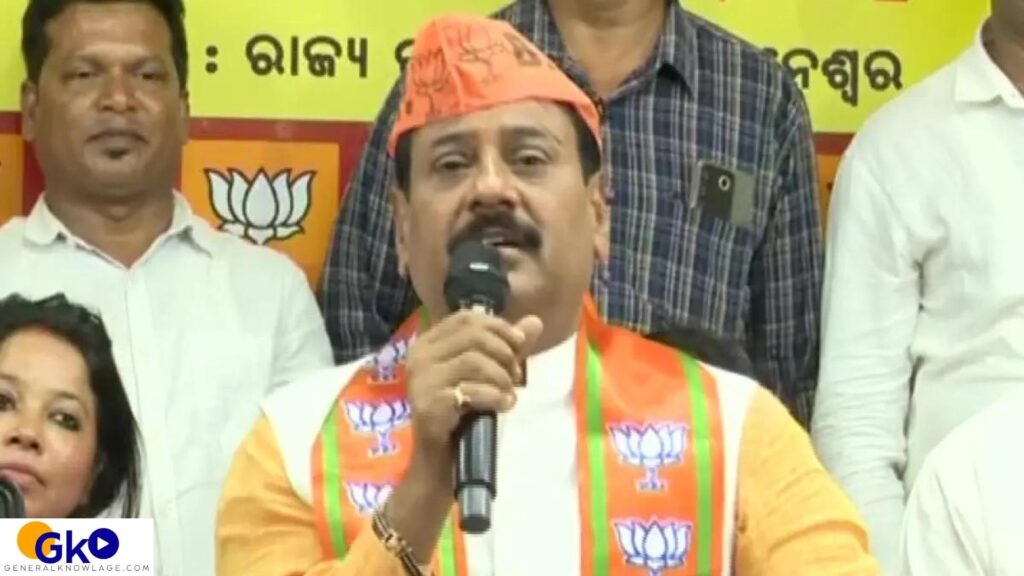
The requirement for Jagdev to seek permission from the District Collector before visiting the Chilika Constituency adds an additional layer of oversight. This condition ensures that Jagdev’s movements are regulated and aligned with the authorities’ assessment of potential risks. The restriction on participating in public rallies or political congregations of more than five persons reflects the court’s commitment to maintaining public order and preventing any potential escalation of tensions.
The explicit prohibition on influencing witnesses is a standard condition in bail orders, aiming to preserve the integrity of the legal proceedings. This restriction is crucial in preventing any attempts to tamper with or influence the testimony of individuals involved in the case.
Challenges & Responsibilities of Public Figures:
The case involving Prashant Kumar Jagdev highlights the challenges and responsibilities faced by public figures, particularly elected representatives. Lawmakers are expected to uphold the law and set an example for their constituents. Incidents involving lawmakers can have far-reaching consequences, affecting public trust in the democratic process and the credibility of elected officials.
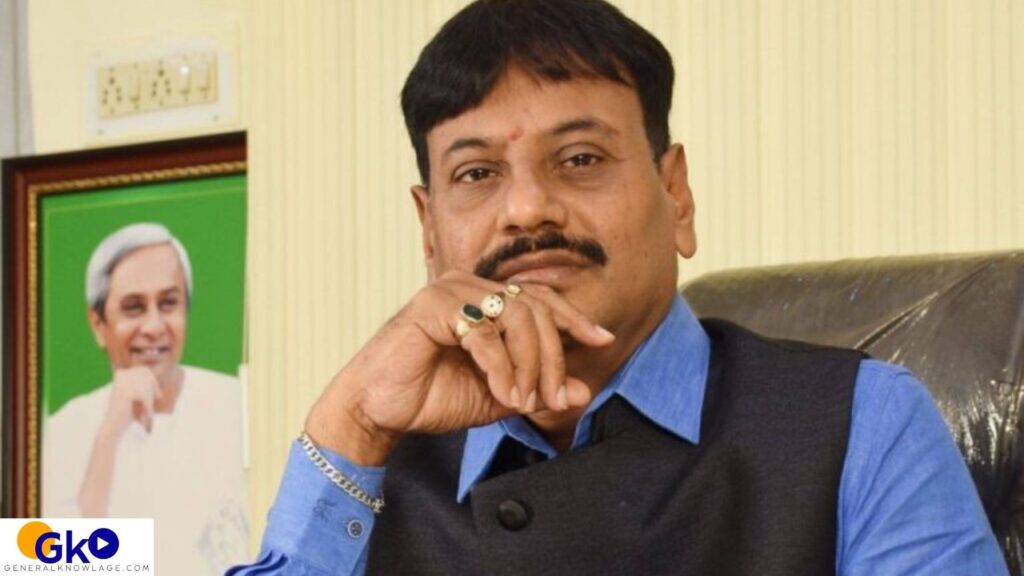
Public safety becomes a paramount concern when allegations involve intentional harm caused by a public figure. The legal system must balance the rights of the accused with the need to protect the public and ensure a fair and impartial trial. The Supreme Court’s decision to grant conditional bail reflects a careful weighing of these considerations.
The conditions imposed on Jagdev emphasize that elected officials are not above the law. While they have the right to a fair trial and legal representation, they must also adhere to the same legal standards as any other citizen. The restrictions on Jagdev’s movements and public engagements are a reminder that accountability is a crucial aspect of public service.
The legal precedents set in cases involving lawmakers have implications for the broader political landscape. They shape expectations for ethical conduct and legal accountability within the political sphere. Public figures must navigate their roles with a deep understanding of the impact their actions can have on society and the democratic institutions they represent.
Conclusion:
In conclusion, Prashant Kumar Jagdev’s conditional bail granted by the Supreme Court marks a significant development in a case that has raised questions about the responsibilities and accountability of public figures. The conditions imposed on Jagdev underscore the court’s commitment to balancing the rights of the accused with the imperative to protect public safety and ensure a fair legal process. The latest news surrounding the case provides insights into the court’s considerations, taking into account the severity of injuries, the filing of a cross FIR, and the arguments presented by Jagdev’s counsel. The implications of this case extend beyond the specific incident, shaping legal precedents for how cases involving lawmakers are handled in the future.
Also Read:
- K Shivaram IAS Wikipedia, Biography, Wiki, Family, Death, Age, Daughter, Wife, Health, Rank, Life Story, Children
- Azim Premji Religion Wikipedia, Wiki, Date Of Birth, Biography, House, Age, Net Worth, In Rupess, Donation, Business
FAQ:
Who is Prashant Kumar Jagdev?
Prashant Kumar Jagdev is a Member of the Legislative Assembly (MLA) representing Chilika Constituency in Odisha, India.
Why was Jagdev in legal trouble?
Jagdev faced allegations of intentionally driving his car into a crowd, causing injuries to multiple individuals.
What is the latest development in the case?
The Supreme Court granted conditional bail to Jagdev, considering factors like the severity of injuries and arguments presented by his counsel.
What conditions are imposed on Jagdev bail?
The conditions include a one-year restriction on visiting Chilika Constituency without the District Collector’s permission, a limit on addressing public rallies with more than five persons, and a prohibition on influencing witnesses.
What arguments were presented in court in favor of Jagdev?
Jagdev’s counsel highlighted that out of the reported 20 injuries, only two were classified as grievous, and all victims, including those with severe injuries, had been discharged from the hospital.

